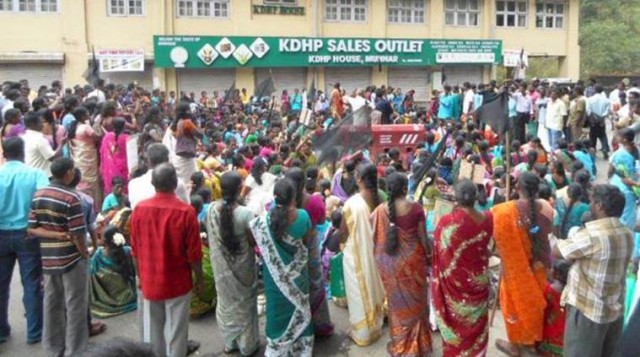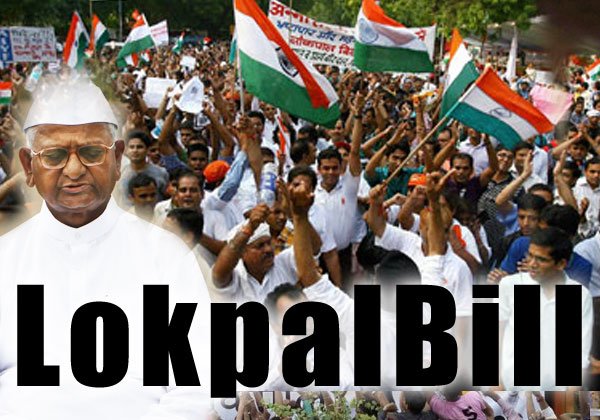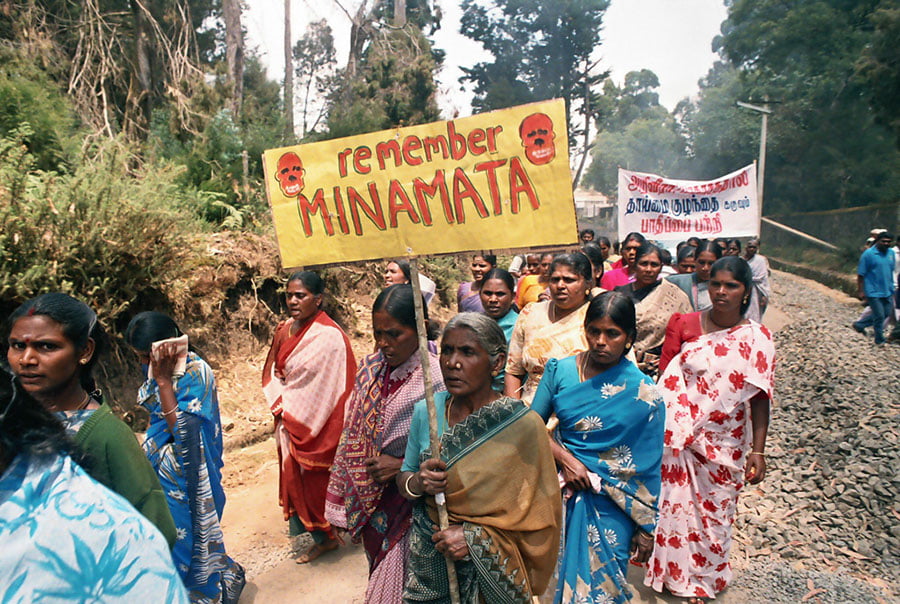Strikes, protests and harthals are often organised by political parties In India. Let us see a few strikes which did not involve politics. Most of these were organised by villagers who had limited education and sophistication which makes it even more important.
1. Chipko Movement
In the 1970s, an organized resistance to the destruction of forests spread throughout India and came to be known as the Chipko movement. It was sparked off by the government’s decision to allot a plot of forest area in the Alaknanda valley to a sports goods company. This angered the villagers because their similar demand to use wood for making agricultural tools had been earlier denied. With encouragement from a local NGO (non-governmental organization), DGSS (Dasoli Gram Swarajya Sangh), the women of the area, under the leadership of an activist, Chandi Prasad Bhatt, went into the forest and formed a circle around the trees preventing the men from cutting them down.
2. Beej Bachai Andolan
The Beej Bachao Andolan, or Save the Seeds movement began in the late 1980s as a group of activists from the Henwal River Valley in Tehri district (Uttarakhand, India), led by Vijay Jardhari, drew links between the erosion of agricultural biodiversity and rural livelihoods, and sought to preserve the people’s cultural and scientific patrimony, as well as fight back against agrarian policies that favour corporate agribusiness at the expense of small farmers.
3. Munnar Rebellion 2015 By Women Labourers
It was a show of strength Kerala is unlikely to forget in the near future. At a time when political parties find it difficult to mobilise people, thousands of women labourers converged in Munnar, the tea town in Kerala’s Idukki district, from plantations miles apart to express their anger and disgust with their bosses and leaders. They fought for a pay rise against Kanna Devan Tea Factory without any political involvement. The Movement grew so strong that the government and the tea plantation had no choice but to give a pay rise.
4. India Against Corruption
India Against Corruption (IAC) is an anti-corruption movement in India which was particularly prominent during the anti-corruption protests of 2011 and 2012 the central point of which was debate concerning the introduction of a Jan Lokpal Bill. During that time it sought to mobilize the masses in support of their demands for a less corrupt society in India. Divisions among key members of the IAC’s core committee eventually led to a split within the movement.
5. Protest Against Corruption At Kodaikkanal
In 2001, Hindustan Unilever shut down its factory in Kodaikanal following a case of mercury poisoning due to the manufacture of Mercury based thermometers for export purpose. The case of Mercury poisoning was proven and the extent of the environmental abuse was second only due to the Bhopal disaster.
A number of families were affected by this pollution and many workers too faced its draught.The factory was moved to India from the United States in the early 1980’s and catered mainly to the American and European markets. While Unilever is one of the brands that promotes its corporate responsibility and comes up with innovative ways to give back to the environment, in this case the company allegedly hasn’t taken any measures to manage the situation.
While 300 tonnes of contaminated water was extracted in 2003, the effects that it had on people has not been noticed by the corporate. The poisoning has also affected the forest in that area. This is the event that lead to the making of Kodaikanal Won’t. Many workers have been protesting against the company and recently in June 2015, 11 families of the workers came to the Mumbai headquarters of Unilever to raise this issue.
They were supported by 30 volunteers from Mumbai. They held placards and photographs of the deceased workers and their children. As the song states, a study says that over 600 people were poisoned as a result of this toxic dumping, 45 of whom lost their lives.
6. Hokkolorab
Conjured up in a moment of desperation, the defining slogan of the protests in West Bengal’s capital city—and beyond—shook the state government, galvanized disparate student groups and convinced thousands to march down the heart of Kolkata demanding justice.
It was an issue of Jadavpur University when students protested against the molestation of a student which the authorities tried to crush with brute force. But the strike gathered momentum and spread to other universities. Hok kolorob on the streets—and #Hokkolorob on the Internet—effectively held together a student movement that began on a college campus, unravelled online and then returned offline as the crowds swelled on Kolkata streets.
When over one lakh students stomp their feet for justice, No one will stand in their way. The demands of the students were met after seven days of protest.
Though we are in a situation which confuses us, if we live in a democratic country after all. But movements like these which involved common men and woman, the often ignored population living at the fringes of the society, step up, it makes history and reasserts our confidence in our nation.



































